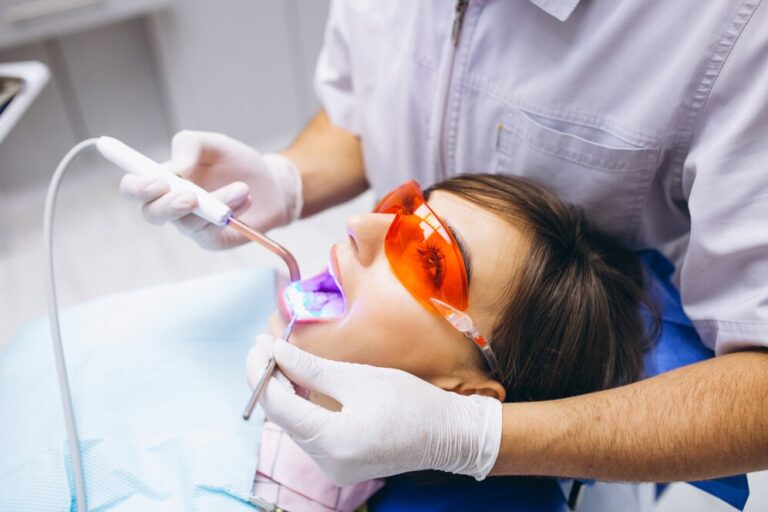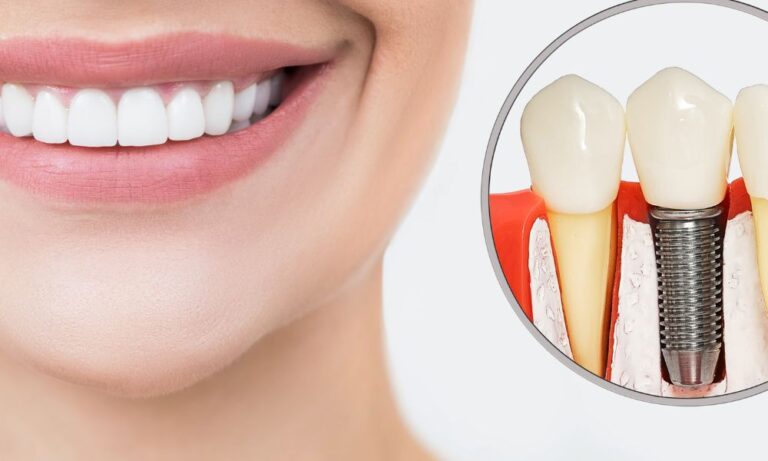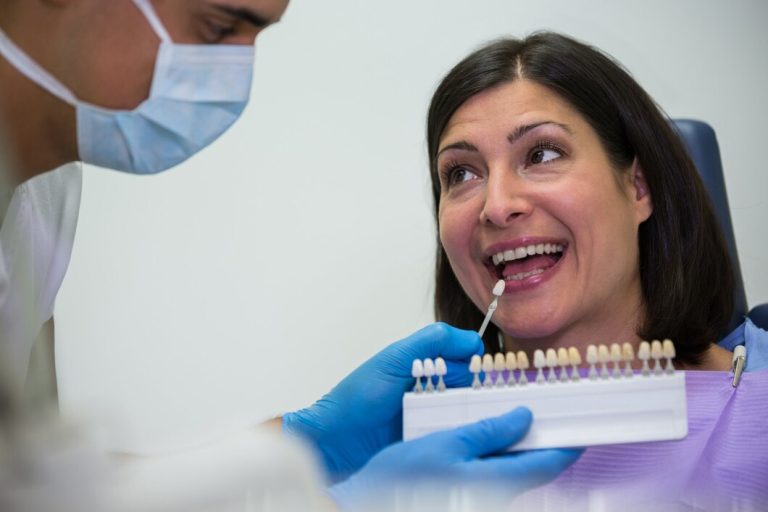Missing teeth not only affect an individual’s smile and self-esteem but can also have significant consequences on overall oral health and gum well-being. When teeth are lost, the surrounding gum and jawbone can weaken over time leading to gum recession, bone loss, and potential harm to neighboring teeth.
Restoring missing teeth is critical not only for aesthetic purposes but also for maintaining oral functionality and preventing further damage to gum tissues. One advanced and highly effective solution for this challenge is dental implants.
In this comprehensive article, the expert dental professionals at Colorado Gum Care Northglenn provide an in-depth guide to understanding dental implants and their role in restoring gum health and functionality. We discuss the fundamentals of dental implants, the process of getting implants, and how implants can provide a long-lasting solution for individuals suffering from tooth loss. Additionally, we explore the benefits of dental implants compared to alternative options, such as dentures or dental bridges, and the candidacy for dental implant procedures.
1. Understanding Dental Implants and their Benefits for Gum Health
Dental implants are artificial tooth roots made of titanium that are surgically implanted into the jawbone to replace missing teeth. These implants provide a stable foundation for the placement of dental crowns, bridges, or dentures, effectively restoring the functionality and appearance of natural teeth.
The benefits of dental implants for gum health and overall oral well-being include:
- Preservation of Jawbone and Gum Tissue: Dental implants prevent jawbone deterioration and gum recession typically associated with missing teeth. As the implanted titanium post fuses with the jawbone through a process called osseointegration, the bone and gums are stimulated, promoting their health and strength.
- Long-lasting Solution: Implants are designed to be durable and long-lasting, providing a stable and permanent solution for tooth replacement, with a success rate of up to 95% or higher over 10 years.
- Improved Oral Hygiene: Dental implants function like natural teeth, allowing for more straightforward and effective oral hygiene practices. Bridges and removable dentures can make cleaning and flossing around adjacent teeth difficult, increasing the risk of plaque buildup, gum disease, and tooth decay.
- Protection of Surrounding Teeth: Implants do not require alteration or support from neighboring teeth, as opposed to dental bridges that can compromise the strength and structure of adjacent teeth.
2. The Dental Implant Process: From Consultation to Restoration
The dental implant procedure involves several stages:
- Consultation and Evaluation: Your dentist will perform a thorough examination and assessment of your oral health and jawbone structure to determine your candidacy for dental implants.
- Treatment Planning: A personalized treatment plan will be developed, including any necessary preliminary procedures (such as bone grafting, sinus lift, or tooth extractions) and a proposed timeline for the implant procedure.
- Implant Placement: During the surgical procedure, the titanium implant is placed into the jawbone, replacing the root of the missing tooth. The healing and osseointegration process may take several months to complete.
- Abutment Placement: Once the implant has integrated securely into the jawbone, an abutment is attached to serve as a connector between the implant and the artificial tooth.
- Restoration: The final step involves placing a custom-designed dental crown, bridge, or denture onto the abutment, completing the tooth replacement process and restoring full functionality and aesthetics.
3. Dental Implant Candidacy and Considerations
The ideal candidate for dental implants should have:
- Healthy gums free from periodontal disease
- Sufficient jawbone density to support the implant
- Good overall health, allowing for safe surgery and successful healing
While dental implants are widely regarded as the gold standard for tooth replacement, some patients may not be ideal candidates due to specific health or dental conditions. Smokers, individuals with uncontrolled diabetes, or those undergoing radiation therapy may face higher risks of complications or implant failure. Additionally, patients with inadequate jawbone density may require bone grafting or alternative treatment options. It is crucial to consult with your dentist for a comprehensive evaluation to determine if dental implants are the right choice for your unique needs.
4. Dental Implants vs. Alternative Tooth Replacement Options
While dental implants offer numerous advantages in restoring gum health and oral functionality, patients may still consider alternative tooth replacement options like dental bridges and dentures depending on their individual circumstances. Some factors to consider when comparing dental implants to alternative options include:
- Cost: Dental implants may have a higher initial cost compared to alternatives. However, the long-term durability and low maintenance of implants can offset the expense over time.
- Longevity and Maintenance: Dental implants are designed to last many years or even a lifetime with proper care. In comparison, dental bridges and dentures may require replacement or adjustments over time.
- Oral Hygiene: Implants offer improved ease of cleaning and maintenance compared to bridges and dentures that require additional specialized care.
- Jawbone and Gum Preservation: Dental implants are the only tooth replacement option that effectively preserves jawbone structure and gum health over the long term.
Embracing Dental Implants for Improved Gum Health and Oral Functionality
Dental implants offer an advanced and effective solution to restoring gum health and oral functionality for individuals missing one or more teeth. By understanding the benefits, process, and factors involved in dental implant treatments, patients can make informed decisions about the best approach to address their unique oral health needs.
Trust the experts at Colorado Gum Care Northglenn, CO, to provide comprehensive guidance and support through every stage of your dental implant journey. Schedule an appointment today to discuss dental implants in Colorado and begin your path toward a restored smile and improved gum health with the care and expertise of our dedicated dental professionals.







